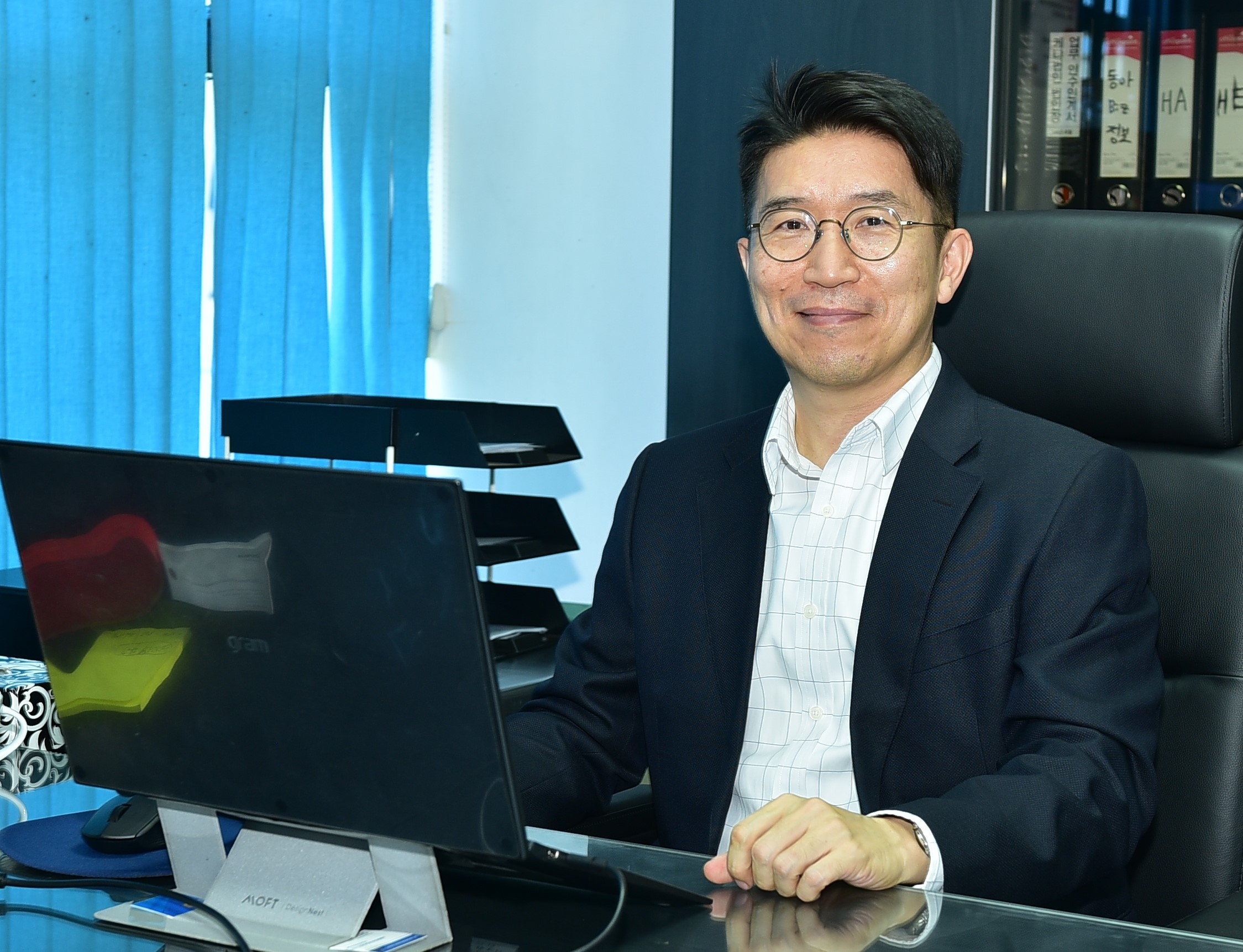Artificial Intelligence (AI), once the preserve of science fiction, is now an integral aspect of everyday life. Despite concerns that the uncontrolled evolution of AI could adversely impact society, this game-changing innovation can vastly transform human life if wisely utilized.
According to Dong Won Lee, LG East Africa Managing Director, AI is already changing how we live, work and socialize.
” Think of a television that automatically switches to your favorite channel when you enter the living room or a refrigerator that alerts you to replenish groceries before they run out. A dishwashing machine that adjusts water consumption to the load volume. These are a few examples of how real life applications of AI can transform our daily life experiences.” Said Mr Dong
Basically, Artificial Intelligence refers to a technological innovation that enables computers and other devices to mimic human intelligence. The term ‘machine learning’ is also used to describe the process where computer systems use advanced techniques like algorithms to discern patterns in data thus ‘learning’ how to perform certain tasks better.
While humans are better than computers at reasoning, the latter have an edge when it comes to speed and power, and also analyzing vast amounts of data to make decisions. They can also accurately perform repetitive tasks that would otherwise quickly tire the human brain. Evolution of AI into a versatile technology capable of being applied to diverse facets of human life is driving its widespread adoption.
As such, global spend on AI is expected to hit $ 110 billion (Ksh 10 trillion) by 2024, according to technology research firm IDC. A recent report by Microsoft shows that Kenya has spent $130 million (Ksh 16.4 billion) in the last ten years on AI. The innovative application of machine learning in health care, agriculture, financial services, manufacturing and transport has significant economic and social benefits.
Going back to application of AI in our daily life, imagine how you can simultaneously watch your favorite drama series on TV while searching for information online using voice commands to the television. An AI-enabled smart refrigerator cuts on time spent planning what your family will have for dinner by giving you recipe options. Such highly personalized solutions delivering the best user experience for everyday home appliances are only possible with machine learning.
As an innovative company, LG Electronics is building an AI strategy designed to make life easier for our customers with products that are intuitive, responsive and eco-friendly. LG ThinQ is a suite of consumer electronics equipped with AI technology. Voice and visual innovations that enable devices to recognize images, language and space change the way people interact with everyday appliances.
The philosophy behind LG’s Artificial Intelligence strategy is to develop products that have the ability to learn and evolve the more they are used by adapting to user habits. Eventually, there will be no need for product manuals as the devices learn from users themselves.
But in developing its AI assets, LG will implement an open strategy that entails collaborating and partnering with other companies to offer consumers the best possible AI solutions.
Despite the benefits, the ability to learn new things has stoked fears over the potential dangers posed by unregulated design, development and deployment of AI. To ally these concerns, many countries and companies, LG included, are pushing for the development of responsible AI. However, measures to regulate this rapidly evolving technology need to take into account the dynamic needs of consumers and the society at large.
In addition, we must aim to build a responsible AI regime anchored on trust, transparency and fairness. Equally important is ensuring this highly innovative technology remains a positive force for the good of humanity.
